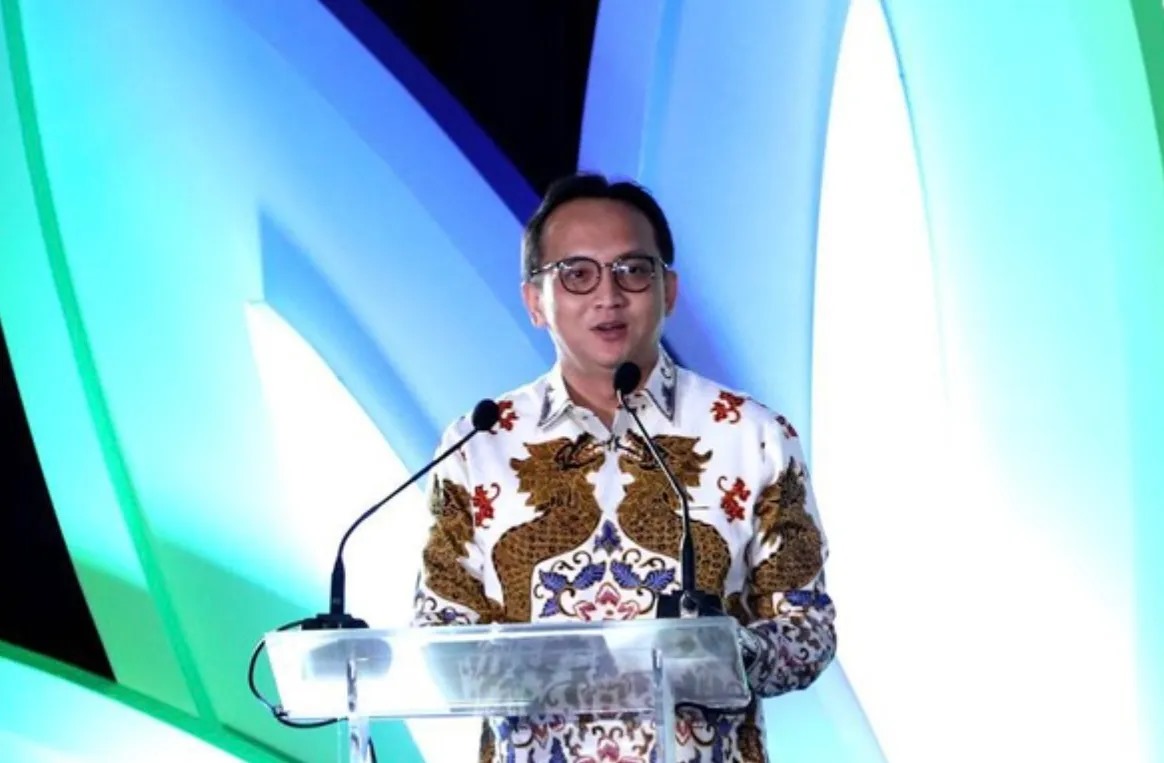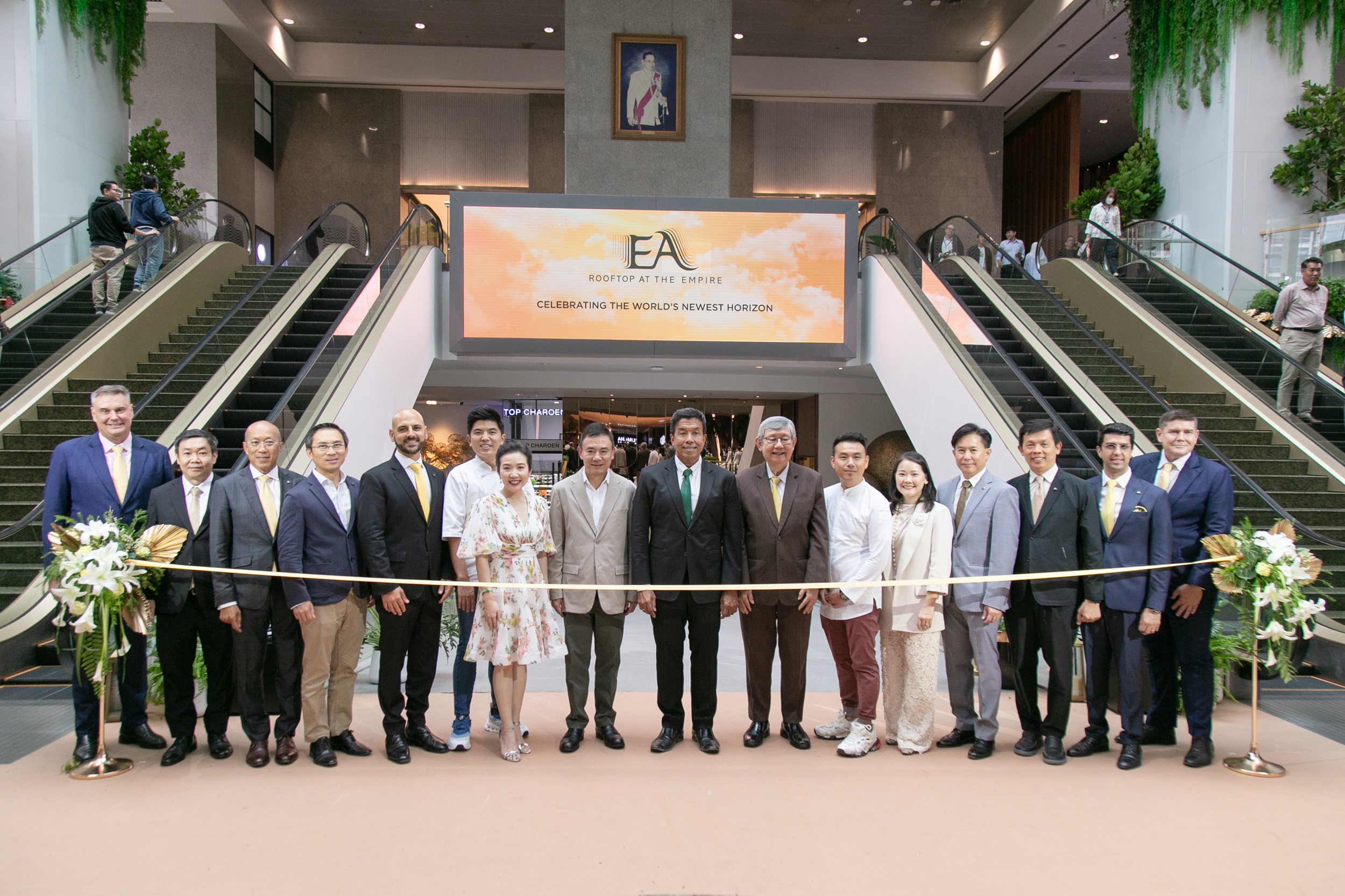
Indonesia’s Nickel Industry Poised for EV Dominance Amid Global Challenges
Berita Baru, Indonesia – Indonesia’s nickel industry is witnessing rapid growth, driven by the rising global demand for electric vehicles (EVs). In 2023, Indonesia produced 40.2% of the world’s nickel supply, positioning the country to become a key player in the global EV market. Nickel is a vital component of many EV batteries, making it a critical resource for the industry’s future.
In an exclusive interview with Asia Times, Septian Hario Seto, Indonesia’s Deputy of Investment and Mining Coordination, elaborated on the nation’s strategy to harness its nickel reserves and build a robust EV ecosystem. “The next step is to build an ecosystem for electric vehicles,” Seto stated, reported from the Asia Times page on Wednesday (9/10/2024). “We’re developing not just nickel, but also cobalt, manganese, and even lithium iron phosphate (LFP) in Indonesia.”
However, the industry has been marred by controversies. In September 2023, the U.S. Department of Labor reported allegations of forced labor in Indonesia’s nickel sector. Additionally, environmental concerns have been raised, including accusations of pollution and habitat destruction. Seto addressed these concerns, asserting, “With forced labor, we are quite surprised by the announcement. There are more than six labor unions in these areas, which makes such claims unlikely.”
Geopolitics also plays a significant role in Indonesia’s nickel development, with Chinese companies heavily involved in investments and technology transfers. Seto highlighted China’s crucial role, saying, “In nickel processing, no one beats China.” He acknowledged the challenges posed by American policies like the Inflation Reduction Act, which seeks to reduce U.S. dependence on Chinese goods in green supply chains.
Despite these hurdles, Seto remains optimistic about Indonesia’s future as a global battery-making powerhouse. The country has already established critical infrastructure, including two lithium refineries and a copper foil factory for battery production. “We now have the biggest capacity for battery materials outside of China,” Seto added.
Looking ahead, Indonesia’s focus on sustainability includes efforts to implement stricter Environmental, Social, and Governance (ESG) standards and traceability systems for nickel production. The government also aims to boost domestic expertise in metallurgy to reduce reliance on foreign technology.
As the world shifts toward clean energy, Indonesia’s nickel reserves could hold the key to both economic growth and environmental sustainability, though challenges remain.







